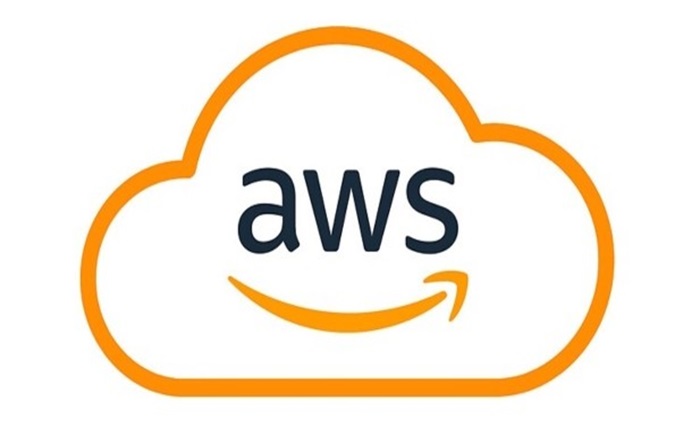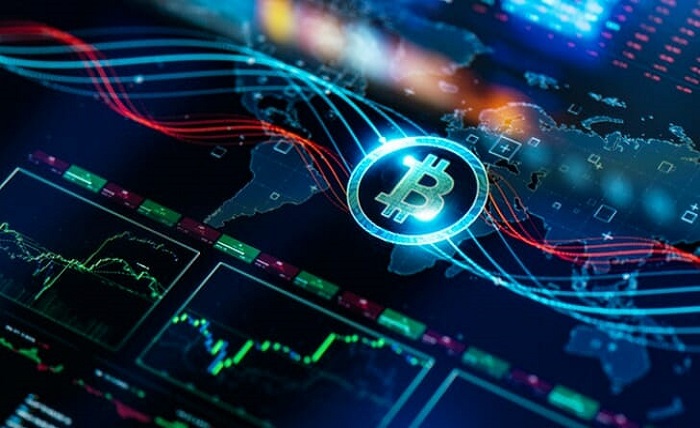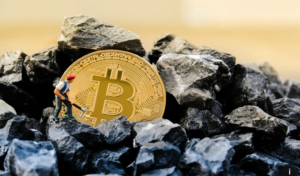Are you sick and tired of politics? Are you tired of the constant squabbling and power battles that seem to rule our political systems? What if I told you there was a technological advancement that may completely alter the way we perceive governance? Yes, I’m referring to decentralisation and the blockchain.
What precisely is blockchain, a term that has been bandied about for a while now? Simply said, a blockchain is a distributed, decentralised ledger that can be used to safely and openly record transactions. Each block in the chain has a cryptographic hash of the one before it, making it unchangeable and impervious to tampering. This results in a transparent and reliable record of transactions because data once stored on the blockchain cannot be changed or removed.
What makes decentralisation so crucial to government, though? Decentralisation can help to improve transparency, accountability, and efficiency in governance systems by doing away with the requirement for a centralised authority or middleman. This is especially crucial in a society when people have never had less faith in governmental institutions. Furthermore, we have already seen successful applications of blockchain in areas such as voting systems, identity verification, and other areas, demonstrating the potential advantages of blockchain and decentralisation in governance. So, are you prepared to embrace the blockchain revolution and improve governance?
Current US Governmental Challenges
Numerous concerns with governance plague the USA, from political polarisation and deadlock to problems with corruption and a lack of openness. Centralised power structures, which can lead to a concentration of power and restrict people’s ability to engage in decision-making processes, frequently make these issues worse.
However, by enabling more democratic, decentralised governance structures, blockchain and decentralisation offer a potential answer to these problems. For instance, decentralised identity verification systems could help to combat identity fraud and ensure that citizens have ownership over their personal data, while blockchain-based voting systems could increase the transparency and security of elections. We can develop a more open, accountable, and transparent governing system that benefits all parties by utilising the power of blockchain and decentralisation.
Blockchain Use Cases in Governance
Several governance systems in the USA and around the world have already embraced blockchain technology, with successful applications in voting, identity verification, and other areas. For instance, blockchain-based voting systems have been utilised in multiple elections in West Virginia, enhancing voting process security and transparency. The administration of the supply chain, the property registration, and the storage of medical records are further use cases for blockchain in governance.
Blockchain technology has considerable potential for use in governance, particularly in areas like accountability, transparency, and efficiency. Blockchain can aid in preventing fraud and corruption and ensuring that choices are made fairly and equally by offering a secure and transparent record of transactions. Additionally, blockchain can aid in streamlining procedures and lowering administrative expenses, increasing the overall effectiveness of governance systems. We may anticipate seeing even more cutting-edge use cases emerge in the upcoming years as blockchain technology continues to develop and acquire widespread popularity.
Governance Challenges and Risks of Blockchain
While blockchain technology has numerous potential advantages for governance, there are a number of hazards and obstacles that must be taken into consideration. Given that blockchain networks are susceptible to hacking and other types of cyberattacks, security concerns are a significant danger. Furthermore, there is a possibility of greater centralization since powerful governments and major corporations may be able to gain significant control over blockchain networks.
The security of sensitive data on the blockchain can be ensured by using privacy-enhancing technology like zero-knowledge proofs and homomorphic encryption to overcome these issues. Decentralised governance arrangements can also aid in making decision-making processes more responsible and transparent while preventing the concentration of authority. We can maximise the potential advantages of blockchain technology in governance while lowering the dangers by proactively addressing these issues and putting appropriate solutions in place.
Prospects for Blockchain in Governance in the Future
The potential for blockchain in governance to have a big, long-term impact both domestically and internationally is quite encouraging. We can anticipate seeing many more creative use cases develop as blockchain technology continues to develop and gain wider acceptance, particularly in sectors like supply chain management, property registry, and healthcare record-keeping.
Additionally, blockchain has the potential to improve global governance and promote cross-border collaboration, enabling governments and organisations to share information and resources in a more private and open way. Blockchain has the potential to revolutionise the way we think about governance by enhancing transparency, accountability, and efficiency while paving the path for a more democratic and fair future for all.
Conclusion
The potential for decentralisation and blockchain to revolutionise global and American governance is enormous. These technologies have the potential to address many of the major problems with government that exist now, from political polarisation and corruption to concerns with identity verification and land registries.
But for blockchain and decentralisation to reach their full potential, it will take cooperation from citizens, technologists, and policymakers. While investigating fresh and creative use cases for these disruptive technologies, it will be crucial to address possible risks and obstacles, such as security issues and the danger of increased centralization.
It is obvious that blockchain technology and decentralisation will be crucial in influencing how choices are made and resources are distributed as we look to the future of governance. We can all benefit from using these technologies in concert to build a more just, democratic, and sustainable future. To realise this revolutionary potential, it is time for all stakeholders to band together and take action.
Read More You May Like:














Post Comment